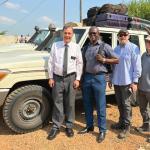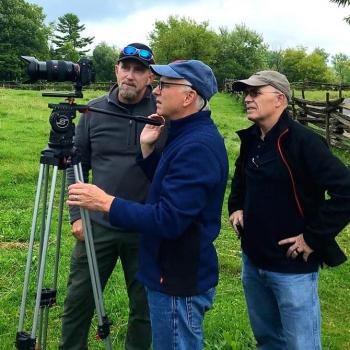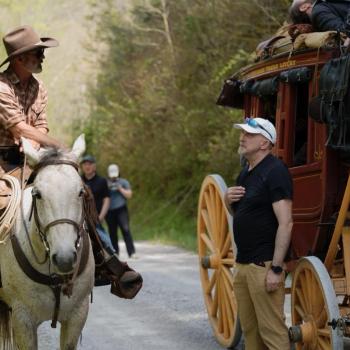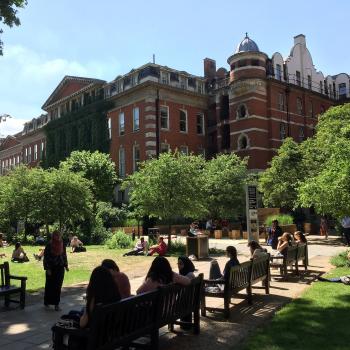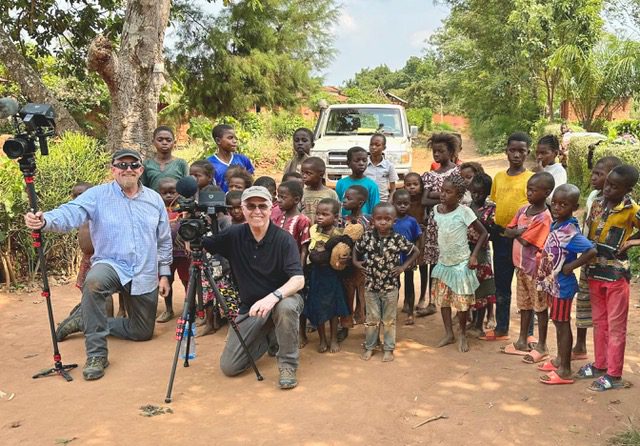
I thought, it being late on the evening of the Sabbath as I write, that some might enjoy reading a few short excerpts from Marvin J. Besteman (with Lorilee Craker), My Journey to Heaven: What I Saw and How It Changed My Life (Grand Rapids: Revell, 2012). Marvin J. Besteman (1934-2012) was a graduate of Calvin College, a veteran of the United States Army, and a retired bank president in Michigan. Provided that what he relates in My Journey to Heaven is the truth, the next life is something to which we can look forward with pleasure and anticipation, not fear. As it happens, Mr. Besteman died for the final time just prior to the appearance of his book:
I saw color-bursts that lit up the sky, way beyond the northern lights I had seen once on a trip to Alaska. Simply glorious.
My geezer body felt young and strong and fantastic. The aches and pains and limitations of age were just gone. I felt like a teenager again, only better.
The music I heard was incomparable to anything I had ever heard before. There was a choir of a million people, thousands of organs, thousands of pianos. It was the most lush and beautiful music I had ever heard. And do you know that every single day since my experience I have heard a few snatches of that music? I am so blessed to remember that heavenly sound. (14)
What I saw beyond the gate is a kind of revelation. I believe God wants me to share it with you, so that you can know some of what to expect when this life is over. . . . how magnificently healthy and happy they all looked . . . (15)
Trust me when I say that once you visit heaven, you never, ever want to come back to earth. It’s truly a place that is everything good and beautiful you can imagine, where you will feel more free and loved than you ever dreamed possible. It’s really a future to eagerly await . . . (16)
For a long time, I was angry at God for taking me to that perfect, joyful place and then bringing me back to life on earth, to an old man’s aches and pains, in a place full of dirt and crime, disease and tears. (17-18)
And, by the way, speaking of heaven . . .
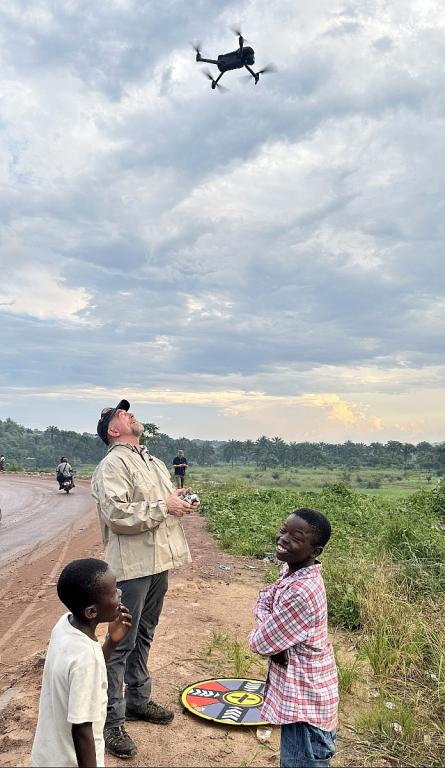
On a related note, here is a passage from Stephen T. Davis, After We Die: Theology, Philosophy, and the Question of Life after Death (Waco: Baylor University Press, 2015). Stephen Davis is Russell K. Pitzer Professor of Philosophy at Claremont McKenna College in southern California. Christian Philosophy of Religion, a festschrift in his honor, was published by the University of Notre Dame Press in 2015:
The claim that God will win is a bedrock conviction in Christian eschatology. It is obvious that the world as it presently exists is full of enemies of God — sin, suffering, poverty, injustice, disease, violence, war, crime, death. Evil seems to run rampant. It is part of the human condition to be deeply troubled by these realities. We long for them to end.
Eschatology allows us a new interpretation of the evils of our world. They do not constitute the last word. Sometimes, in mysterious ways, God uses the agonies of this world to bring about good. Some such evil events are probably necessary for God to emerge victorious. And even if there are some evils that are so horrendous that they cannot be redeemed — African slavery or the Holocaust, for example — they will be defeated. Eschatology tells us that God’s victory is imminent. It means that we are allowed to have hope and that trust in God is justified. Someday all tears will be wiped away. All diseases and infirmities will be healed. All crimes will be forgiven. All suffering will be redeemed. All questions will be answered. (136)
Again, something to anticipate with with eager hope.
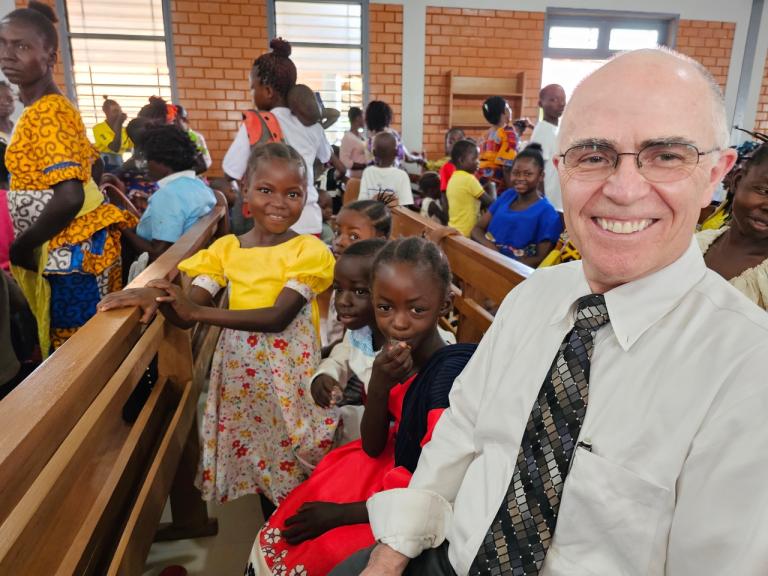
As you may have noticed, this post features photographs from the Interpreter Foundation’s ongoing film project in the Democratic Republic of the Congo. Conditions there are challenging, but our team appears to be having a very good experience. And the films that will eventually result should be of interest, I think, to more than a few Latter-day Saints who will never themselves go anywhere near the Congo.
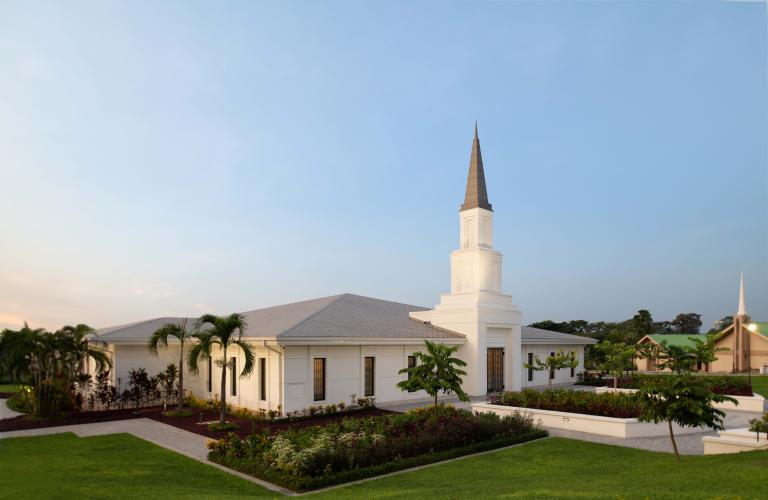
A small temple already stands in Kinshasa, the capital city of the Democratic Republic of the Congo, the DRC. Ground has been broken for a second DRC temple in Lubumbashi, and a third DRC temple has been announced for Kananga. Moreover, a temple has also been announced for Brazzaville, the capital of the Republic of the Congo — which is a wholly distinct country from the DRC. Brazzaville is located on the northern side of the Congo River, directly opposite Kinshasa.
Question: What is the largest French-speaking city in the world? Answer: With somewhere between 12.5 and 17.1 million residents, Kinshasa is the largest French-speaking city in the world. It is followed by Paris and its immediate suburbs; the Paris metropolitan area has roughly eleven million inhabitants. But perhaps Brazzaville should be entered into the total, as well: The official language of the Republic of the Congo, of which Brazzaville is the capital, is French. Brazzaville’s population just under two million.
When the temples in Lubumbashi, Kananga, and Brazzaville are dedicated, along with nearly complete Abidjan Ivory Coast Temple (in the République de Côte d’Ivoire), there will be (by my count) seven Francophone temples in the world — including Paris, France, and Papeete, Tahiti, and five in Africa.
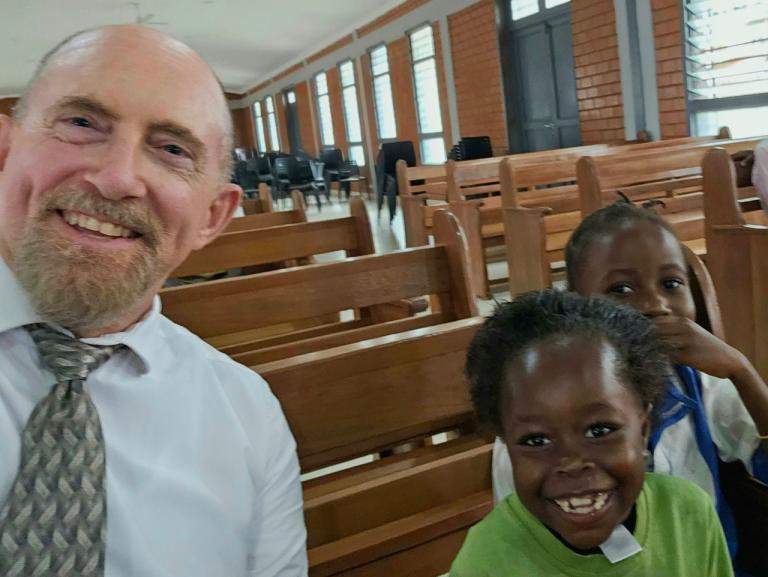
I hope you’ll agree with me that the story of the founding of the Church in Africa, and of its remarkable growth there, deserves to be known. The Interpreter Foundation can’t do it all, of course, and doesn’t pretend to be doing so. But we’re hoping to make a contribution.



